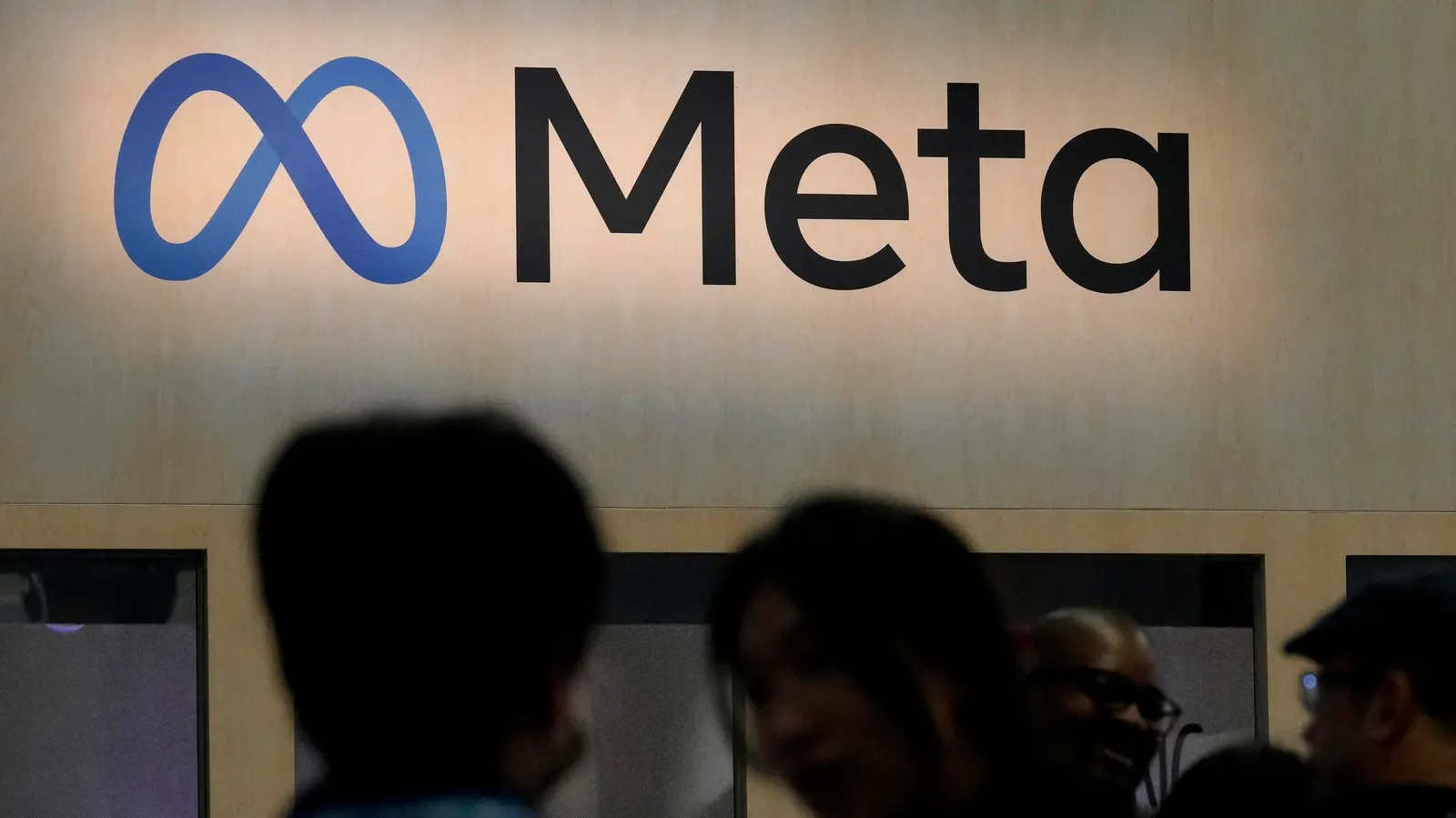Meta, the corporate entity behind Facebook, has announced its intention to phase out CrowdTangle, a valuable digital tool in the fight against misinformation, particularly as the political landscape intensifies during this election year.
Researchers are apprehensive about the potential setback in detecting and addressing the anticipated influx of deceptive political content.
With less than three months until the US election, the tech giant has announced the impending unavailability of CrowdTangle after August 14. Despite promises of a replacement tool, researchers are skeptical, noting its lack of comparable functionality and limited accessibility to news organizations.
Over the years, CrowdTangle has been instrumental, providing researchers and journalists with invaluable real-time insights into the dissemination of conspiracy theories and hateful rhetoric across Meta-owned platforms like Facebook and Instagram.
Ceasing the monitoring tool, a move experts attribute to the prevailing trend in the tech sector of retracting transparency and security measures, represents a significant setback as dozens of countries face elections this year—a time when bad actors traditionally ramp up the dissemination of false narratives.
“In a year where almost half of the global population is expected to vote in elections, cutting off access to CrowdTangle will severely limit independent oversight of harms,” Melanie Smith, director of research at the Institute for Strategic Dialogue, told AFP.
“It represents a grave step backwards for social media platform transparency.”
Meta is set to replace CrowdTangle with a new Content Library, a technology still under development.
It’s a tool that some in the tech industry, including former CrowdTangle chief executive Brandon Silverman, said is currently not an effective replacement, especially in elections likely to see a proliferation of AI-enabled falsehoods.
“It’s an entire new muscle” that Meta is yet to build to protect the integrity of elections, Silverman told AFP, calling for “openness and transparency.”
Read also: Twitter Threatens Lawsuit Against Meta Over Threads
In recent election cycles, researchers say CrowdTangle alerted them to harmful activities including foreign interference, online harassment and incitements to violence.
By its own admission, Meta — which bought CrowdTangle in 2016 –- said that in 2019 elections in Louisiana, the tool helped state officials identify misinformation, such as inaccurate poll hours that had been posted online.
In the 2020 presidential vote, the company offered the tool to US election officials across all states to help them “quickly identify misinformation, voter interference and suppression.”
The tool also made dashboards available to the public to track what major candidates were posting on their official and campaign pages.Lamenting the risk of losing these functions forever, global nonprofit Mozilla Foundation demanded in an open letter to Meta that CrowdTangle be retained at least until January 2025.
“Abandoning CrowdTangle while the Content Library lacks so much of CrowdTangle’s core functionality undermines the fundamental principle of transparency,” said the letter signed by dozens of tech watchdogs and researchers.
With its diminished search functionality compared to CrowdTangle, the new tool poses a tangible risk to the transparency and fairness of electoral processes, the statement emphasized.
Andy Stone, speaking on behalf of Meta, refuted the allegations in the letter, categorically stating that they are erroneous and clarified that the Content Library will surpass CrowdTangle in terms of data comprehensiveness.
In line with Meta’s strategic direction away from news, the new tool won’t be accessible to for-profit media channels.
Meta’s decision to limit journalist access comes amidst a backdrop of journalists utilizing CrowdTangle to shed light on Meta’s challenges in content moderation and the prevalence of pirated content on its gaming app.
Organizations that debunk misinformation as part of Meta’s third-party fact-checking program, including AFP, will have access to the Content Library.
However, other researchers and non-profit organizations will need to submit applications for access or seek out costly alternatives. Two researchers, speaking to AFP anonymously, revealed that during private discussions with Meta representatives, they pressed for concrete assurances from the company.
“While most fact-checkers already working with Meta will have access to the new tool, it’s not super clear if many independent researchers –- already worried about losing CrowdTangle’s functionality — will,” Carlos Hernandez-Echevarria, head of the Spanish nonprofit Maldita, told the press.

